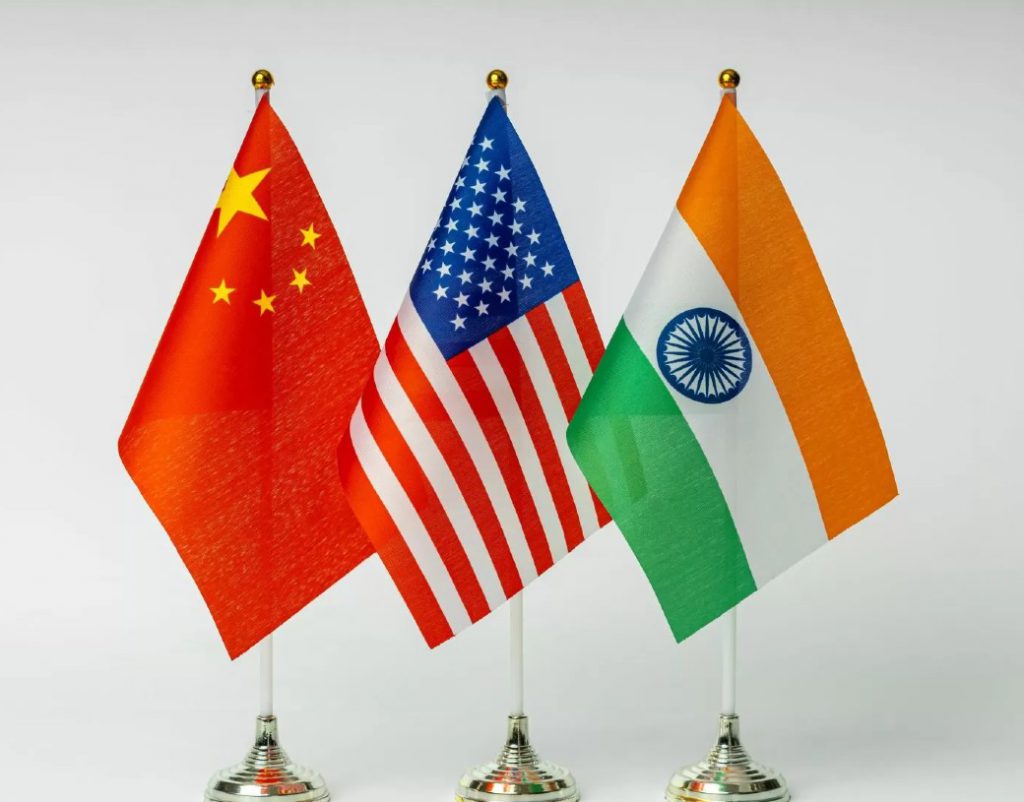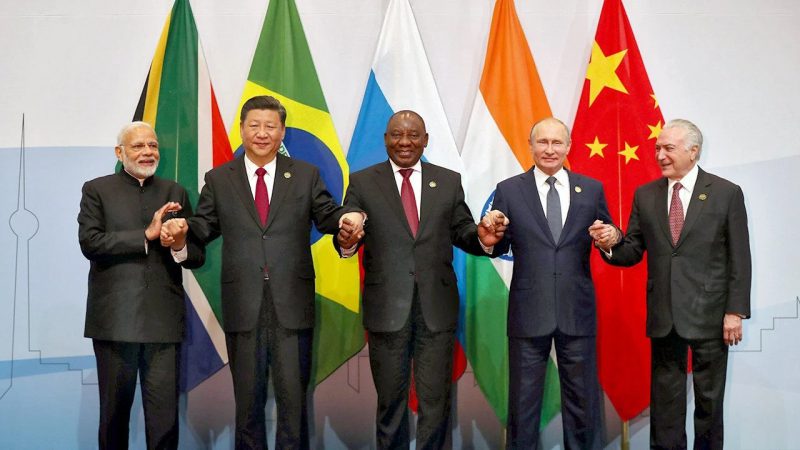The BRICS alliance is advancing in its quest to dethrone the U.S. dollar currency from its global reserve status. A recent report from Goldman Sachs indicates that the U.S. GDP could drop to third place by 2075. Two BRICS countries China and India could have a bigger GDP than that of the U.S. and might take the first and second spot.
Also Read: BRICS: The Beginning of the End for the US Dollar?
According to Goldman Sachs, BRICS members China and India could overtake the U.S. GDP by 2075. The global investment bank predicts that India could overtake the U.S. GDP pushing it to the third spot in the next 50 years. Read here to know how BRICS plans to end the U.S. dollar’s supremacy by targeting America’s 10 financial sectors.
Below is the break-up of the world’s biggest economies in 2075, predicted by the leading investment bank.
China: $57 trillion
India: $52.5 trillion
United States: $51.5 trillion
Also Read: US Economy Added $10 Trillion in Debt in the Last 3 Years
BRICS: U.S. GDP Could Fall Below China & India by 2075


The U.S. could be $1 trillion behind India and $5.5 trillion behind China’s GDP in the next five decades. The other BRICS members Egypt and Brazil would also come in the top 10 spot with a GDP of $10.4 trillion and $8.7 trillion respectively.
Also Read: BRICS: U.S. Dollar to Experience a Tragic Ending, Predicts Economist
BRICS revealed last month that dethroning the U.S. dollar from the global reserve status is a long-term plan. The alliance has many more years and several other chances of putting their local currencies first and not the USD.
The UK could fall outside the top 10 countries with the highest GDP taking the 11th spot at $7.6 trillion. The estimates from Goldman Sachs indicate that the financial power could tilt from the West and go to the East. In conclusion, the world order as we know it could rapidly change and the U.S. might not be the biggest economy.





